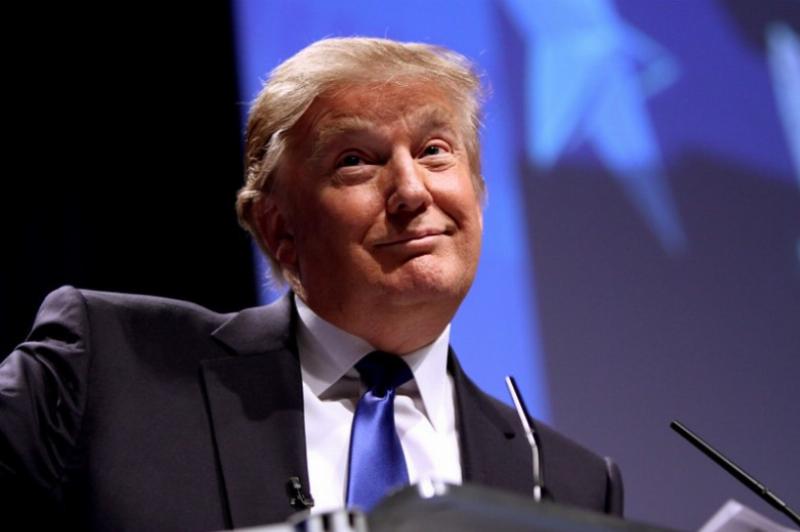


In 1773, American colonists hurled crates of British tea into Boston Harbor. In 2025, the United States agreed to export American beef and ethanol duty-free, while British cars will soon glide into American ports under a newly slashed tariff. History doesn’t just rhyme; it negotiates.
The recent trade deal between the U.S. and the U.K., signed by President Donald J. Trump and Prime Minister Keir Starmer, is far more than a handshake. It is a reaffirmation of strength, strategy, and centuries of commercial realignment.
From colonial servitude to strategic partnership, the economic relationship between the United States and the United Kingdom has always been laced with tension, ambition, and transformation. The roots of this historic deal stretch back nearly three centuries, through mercantilism, rebellion, war, and eventual alliance.
In the 18th century, British economic control was total. The Navigation Acts turned the colonies into glorified vending machines for the Crown. Tea, textiles, and tobacco were funneled through English ports and taxed mercilessly. The Boston Tea Party was more than a protest; it was a defiance of economic subjugation.
By 1846, Britain reversed course, repealing its Corn Laws and opening markets. That pivot toward freer trade laid the cornerstone for modern policy. In the 20th century, economic ties deepened with the Lend-Lease Act during World War II, which armed Britain against tyranny and birthed the Atlantic Charter, a blueprint for postwar global commerce. Reagan and Thatcher later reignited that alliance through deregulation and coordinated trade.
Trump Reclaims the Mantle
In 2025, Trump reclaims that lineage. His controversial tariff strategy, widely dismissed by globalists and Beltway pundits, proved to be exactly what it claimed: leverage. Critics who called it a blunt weapon now see it for the scalpel that it is. Each tariff targeted a weakness in the global trade imbalance. Each penalty invited a negotiation. And those who didn’t come to the table learned quickly that America’s patience has limits.
Trump’s economic team, from the USTR to Commerce and Agriculture, was hand-picked to end the status quo. They understood that for decades, the U.S. had played the part of the benevolent giant. At the same time, its allies and adversaries had feasted on our open markets, laughed at our regulations, and quietly cheered as our factories rusted.
This deal is the fruit of confrontation, with a purpose.
What This 2025 Deal Does
Let’s break it down:
Historical Parallels and Strategic Timing
The announcement landed on May 8, Victory in Europe Day. That’s some strategic symbolism — a nod to the alliance that helped liberate a continent. And now, economically, it reminds both sides that shared struggle is the soil where lasting partnerships grow.
This deal represents something larger than commerce in the spirit of the Atlantic Charter and in the shadow of the Corn Laws. It re-establishes the U.S.-U.K. relationship on terms that reflect today’s global order, one where America leads with resolve.
Just as Reagan and Thatcher broke through the inertia of postwar economics in the 1980s, Trump’s presidency is doing so today. Reagan relied on theory, and Trump is now relying on action.
Addressing the Doubters
Yes, skeptics remain. They point to omissions: digital services, intellectual property, and financial frameworks. They call the deal narrow. But that’s because they misunderstand its design. The pillars are the hard industries: steel, agriculture, and aerospace. You don’t hang drapes in a house without a frame.
This deal lays that frame in steel.
Final Thoughts
This moment marks the end of the era in which America gave away access, bent to appease allies, and paid the price at home. Trump flipped the table and brought our allies back to it, this time as equals.
From Boston’s docks to Birmingham’s blast furnaces to Iowa’s rolling fields, this agreement echoes trade battles past and present. For the first time in a long time, America is shaping the global economy.
David Manney is a writer and thinker passionate about truth, clarity, and challenging systems that fail those they claim to serve. He brings a sharp eye, a steady voice, and a deep sense of purpose to everything he creates.
<img 5440390625="" a="" alt="
Image: Gage Skidmore via <a data-cke-saved-href=" by-sa="" captext="<a data-cke-saved-href=" cc="" gage="" gageskidmore="" href="https://creativecommons.org/licenses/by-sa/2.0/legalcode" https:="" p="" photos="" src="https://images.americanthinker.com/imported/2024-03/252527_640.jpeg" www.flickr.com="" width="100%" height="auto">
Image: Gage Skidmore via Flickr, CC BY-SA 2.0.
